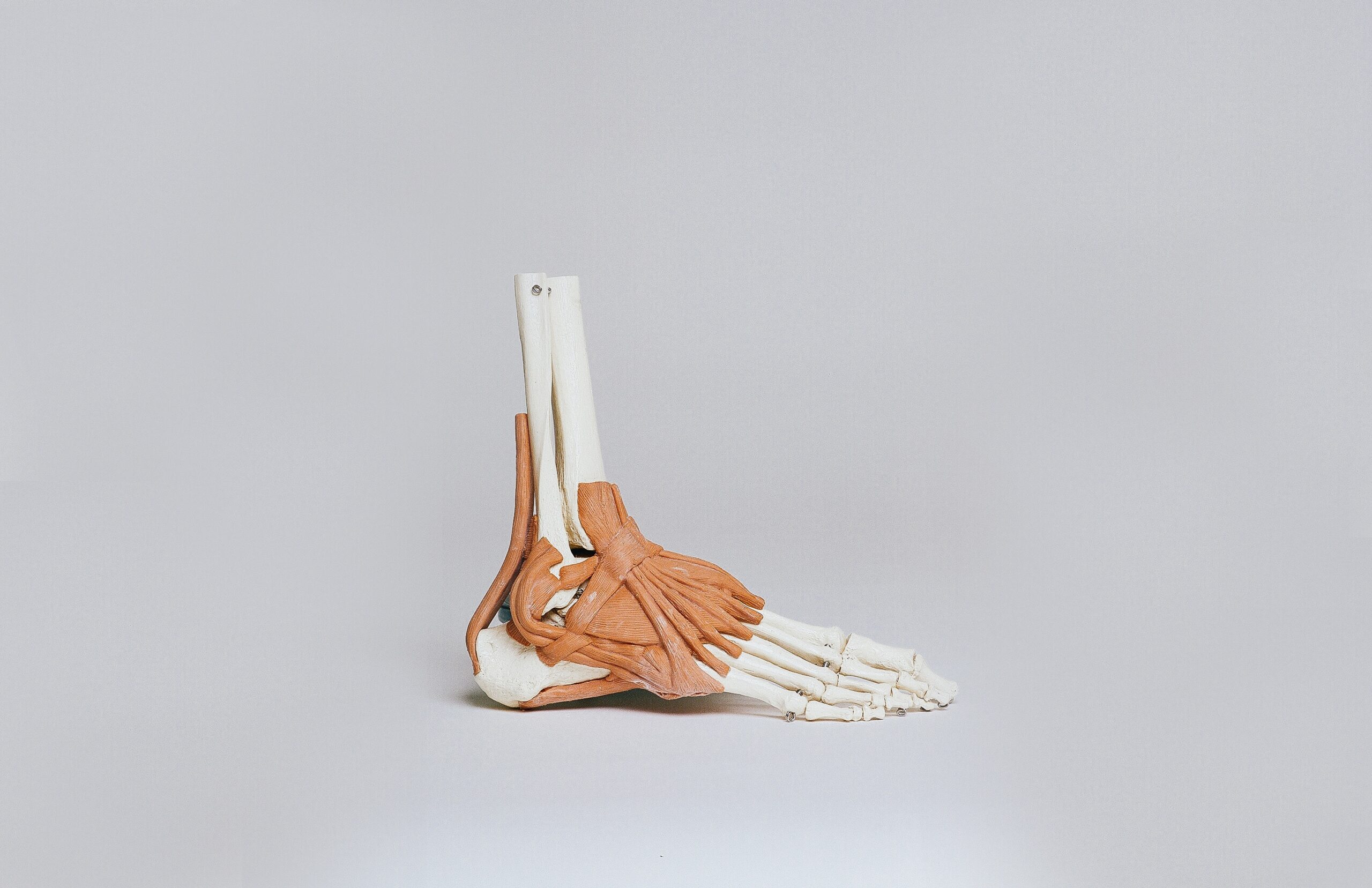Let’s look at stem cell treatments as a recent example of a medical innovation. Body Pro offers the best in the OC for stem cell treatments because they use these interventions to help their patients in a number of ways. Not only will they use stem cells to mass produce cytokines to modulate the immune system and reduce inflammation, they also use them to treat chronic joint pain in the shoulders, hips, back, and knees. It’s exciting treatments like these that make medical innovations so important.
For your benefit, we’ll teach you about a few more of the top medical innovations currently being developed in 2019. These changes will dramatically improve the healthcare landscape for the better.
Alternative Pain Therapies
Unfortunately, many people are forced to attempt to overcome common healthcare challenges by taking opioids to relieve their pain and debilitating symptoms. This has inadvertently triggered an opioid crisis currently sweeping through the United States and other parts of the world.
Medical practitioners have unintentionally gotten their patients hooked on dangerous opioids. Because they developed an addiction, they are now dependant on these pills or even worse they may have graduated to shooting heroin because it’s often cheaper than buying expensive prescription opioids from street-level drug dealers.
Thankfully, the healthcare industry has recognized this crisis and is taking steps to do something about it. In fact, the opioid crisis is now looked upon as a public health emergency in need of serious attention.
There are a number of different alternative therapies available to treat chronic pain. And with additional pharmacogenomic testing, they can use a person’s genetic makeup to prescribe effective prescriptions and successfully avoid giving potential addicts opioids that could end up eventually ruining their lives.
With increased genetic testing, the opioid crisis could eventually come to an end once pharmacogenomics can improve precision medicine prescriptions based on a person’s genes.
Advancing Cancer Treatments Using Immunotherapy
One of the biggest challenges facing the healthcare industry is the inability to successfully treat certain forms of cancer. With this advanced treatment, immunotherapy, also known as biologic therapy can take the immune system in the body and build it up so that it becomes so powerful that it can fight off cancer on its own.
These treatments have existed for quite some time now, but they are definitely beginning to improve and get better through more testing and treatments. Since the whole world is working on cures for cancer, using immunotherapeutic treatments is a great way to help patients improve their overall outlook for success.
It seems that new biomarkers and immunotherapeutic targets are being discovered each day. Hopefully the scientists and doctors working in this field will soon come up with effective therapeutic treatment options for tumors of all types, shapes, and sizes.

Robotic Surgery
Robotic surgery is also on the rise and it’s becoming popular for very good reasons. First, computerized robotic surgeries can eliminate human error. They are minimally invasive, create less pain, and even improve overall recovery times for many patients.
Overall, robotic surgery is effective, precise, and it even improves surgical outcomes. So it’s good that this technology exists because it will help surgery become even more effective over the long run.
Medical Innovations – Much More To Come
Medical and technological advances are happening all the time. The top medical innovations in 2019 will help improve treatments, patient care, and so much more overall and it will continue to do so for many years to come.
Recent Posts
- Castor Oil For Better Hair Growth: Is It Myth Or Fact?
- Exploring the Differences Between Sermorelin, Ipamorelin, Ibutamoren, GHRP2, and GHRP6: Understanding Their Role in Human Growth Hormone Regulation
- Unraveling the Mystery: Understanding the Causes and Prognosis of Ventricular Tachycardia Without Apparent Heart Disease
- Understanding Grandparents’ Rights in Oklahoma: Navigating Visitation and Legal Protections
- 10 Reasons to Consider Hypnotherapy for Your Health

